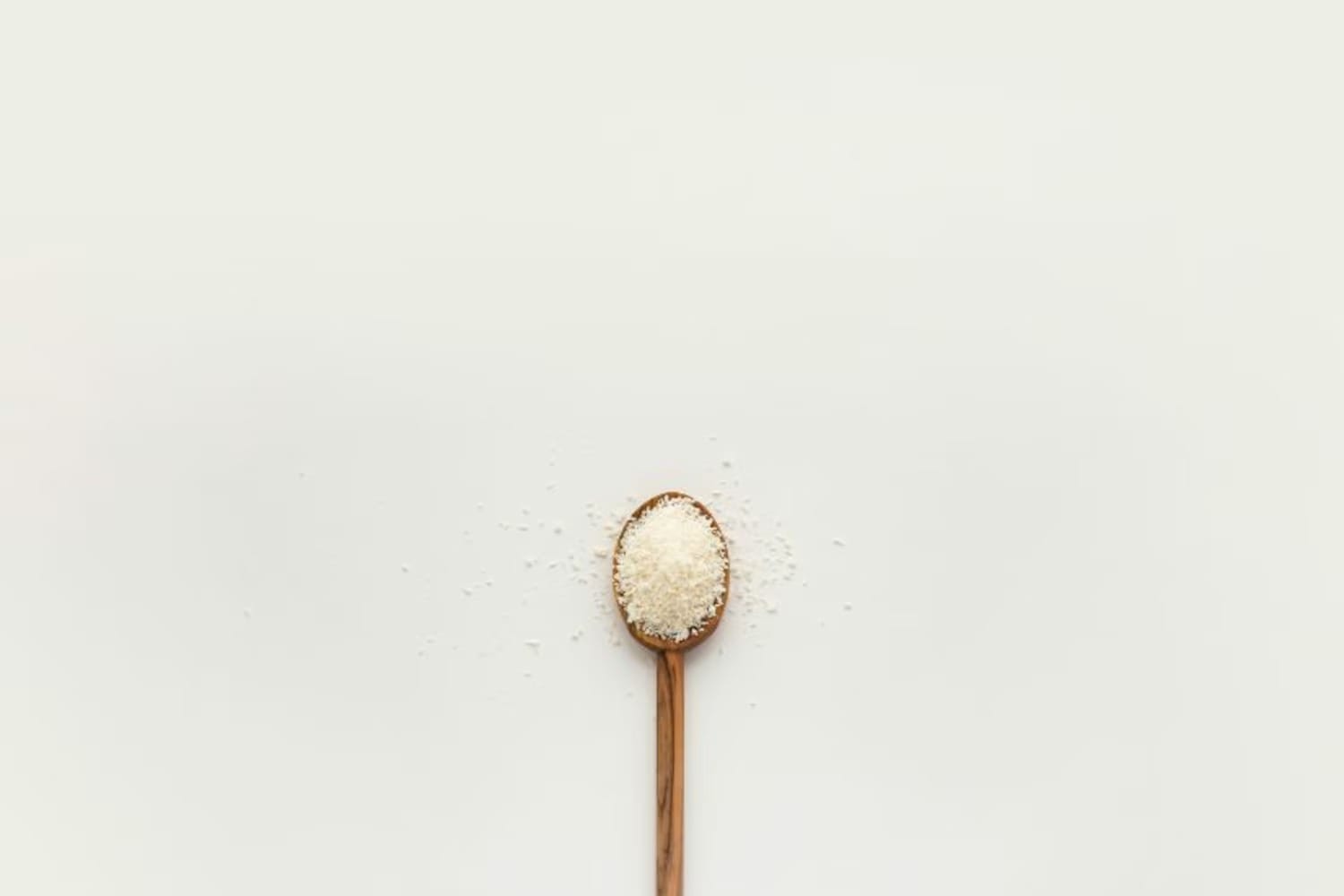This is What Happens When You Stop Eating Salt
Salt has gotten a bad wrap over the last few years. We're here to set the record straight on what happens when you cut it out from your diet completely.

Like sugar and fat, salt should be consumed in moderation. The challenge lies in recognizing when you’re consuming it and when you’re not.
Salt is present in processed foods, fast foods, and many frozen or preserved products—the list goes on. Often, we may unknowingly consume too much, which can result in hypertension, osteoporosis, water retention, and other issues.
Eliminating salt from your diet entirely may seem like a better solution. But is it?
What Happens When You Eliminate Salt from Your Diet
Lower Blood Pressure
Salty foods can increase blood flow through your arteries, leading to higher blood pressure. Excessive salt intake can elevate blood pressure and increase the risk of cardiovascular diseases or strokes. By reducing or limiting salt in your diet, you can lower your blood pressure.
Decrease in Water Retention
Since salt promotes water retention, consuming less will help your body retain less water.
Weight Loss
Cutting down on salt may contribute to weight loss, as it could reduce your cravings for chips and fast food.
Dehydration
However, completely eliminating salt can have negative consequences. To prevent dehydration, some salt intake is necessary. When we sweat, both water and salt are lost from the body. Replenishing solely with water can lead to an electrolyte imbalance, causing nausea, queasiness, and fatigue. Maintaining a balance of electrolytes is essential for a healthy approach to salt consumption.
Muscle Cramps
Additionally, insufficient salt in your diet can lead to muscle cramps, particularly if you exercise regularly.
Instead of completely cutting out salt, aim to consume it in moderation. Focus on healthy, whole foods while limiting processed foods, ready-made meals, and salty snacks in your diet.





